- Temba Mliswa talks fatherhood, marriage, family
- ‘I change diapers, do shopping for my kids’
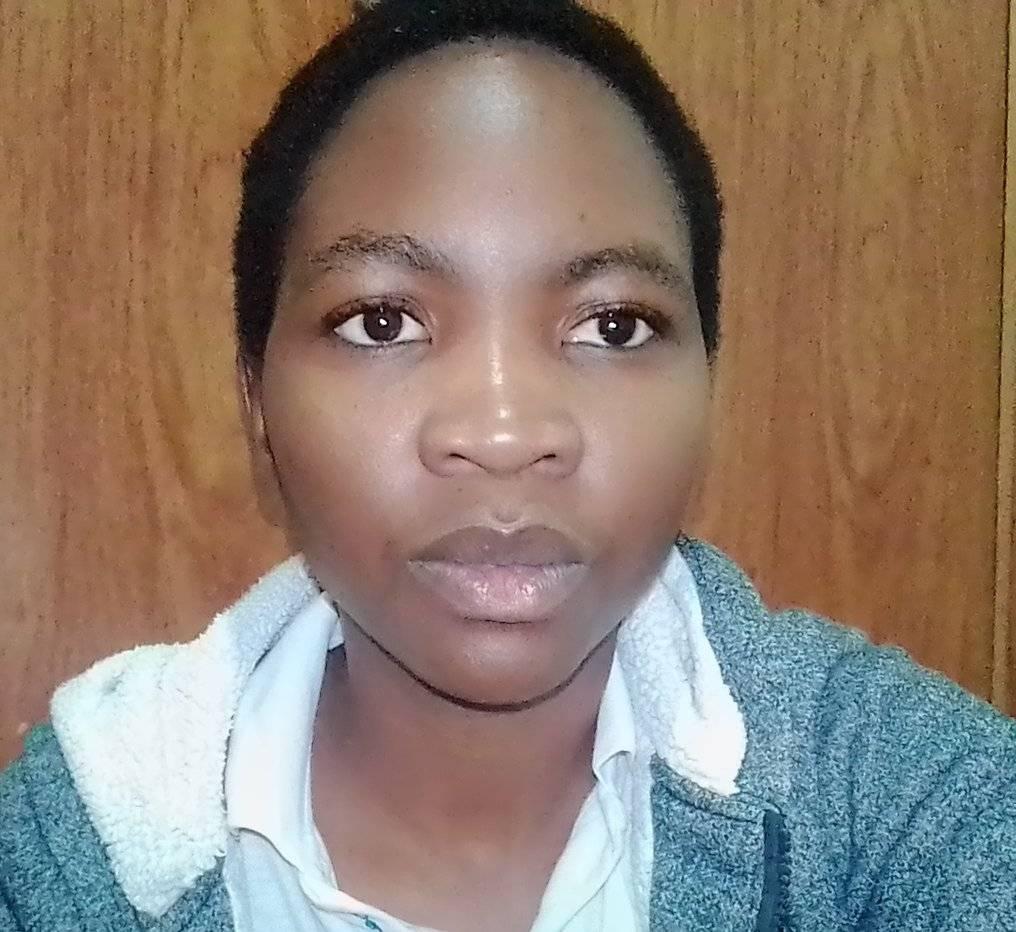
He is an energetic and controversial politician, representing the Norton constituency in the National Assembly. He is a
businessman, farmer and fitness coach – who has managed to sire 20 children in his 51 years of existence. It is the last aspect which drew the attention of our Features Editor Daphnne Nyakanyanga (DN), who tracked down the outspoken super dad, Temba Mliswa (TM), for an exclusive Father’s Day Special. Read on…
DN: For the record, how many children do you have? How many girls/boys…
TM: I have 19 children right now with Susan (Mutami) confirming the other one. That would make them 20. I have got five boys and the rest are girls.
DN: How do handle fatherhood? Considering that your children are strewn over a broad geographical area.
TM: Some children live with their mothers but they can’t look after them, so it’s not a question of them being all over but being a parent. There is a difference between being a man and being a father, and there is a difference between being a father and being a husband. What’s important for the children is being a father. That’s what is critical for me. Seeing that they have the best education and what they eat and having access to both parents. It doesn’t mean just because parents are not together children are depressed. In fact, some people live together but they have created problems for their children in the way that they behave, insulting each other in front of the children and so forth. What are they learning? So in my situation, you never hear me insult or abuse their mothers.
My children grew up knowing the truth from the onset. My situation is clear, I got married to some and it didn’t work, and others we consented to having a child. I believe in having a big family. My brothers and sisters have been lazy. So ndini mukomana mukuru mumusha. Musha mukadzi and varume vacho vanodiwa mumusha.

DN: What are your best and worst experiences about being a father?
TM: My best experience is seeing them grow. Being there when they are born, supporting the mother, holding their hand. It’s a phenomenal experience. At the same time, being able to do the duties with the mother in terms of looking after the child, changing diapers and feeding them. Being able to do shopping with them as well. If you ask their mothers, the children prefer my shopping. They (mothers) pick them the wrong sizes (for clothes) but I pick the correct ones, so shopping for them and making them happy, seeing their faces glow is an exciting moment for me.
DN: What is your parenting style?
TM: It is traditional, tisu ana Chivi vacho. We grew up knowing very well that culture, tradition is key. So vanotoombera vana kuti marara sei VaChivi? Shumba, marara sei? Tsika ndidzodzo. That’s why I have a village of mine so they grow up in that environment knowing that that is where they come from, tiri vanhu zvatiri tine vanhu ende tiri vanhu rudzii. Kwana mai ndekwana Moyo vanoenda kwana mbuya vavo vachidzidziswa. Amai vangu vanoda kuita basa rekuchengeta huku, nemu garden. So, they will be there being taught on that and they enjoy that, and she enjoys cooking for them. So, the traditional aspect is part of that foundation which creates goodness.
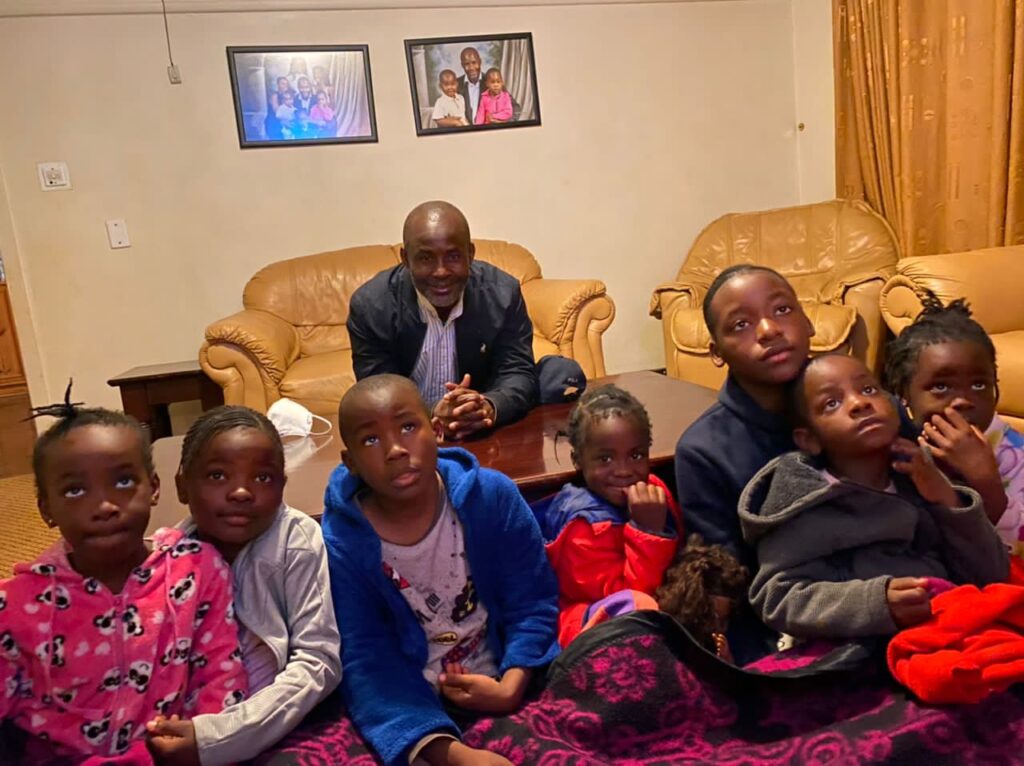
DN: What informs your style of parenting? Do you engage with other fathers/dads?
TM: Each one has their own way of doing their things, dzinza and culture are quite different but I try and share a lot with some of my friends. You know I always say to them ‘nzou hairemerwe nenyanga dzayo’. They will say ‘Temba ahh all these children’ … I have never seen them as 19. Maybe they are probably 3, in my head, because I have been blessed, I’m able to work for them. I have great family support, siblings. So it’s a true family approach.
DN: Is there a difference between parenting girls and boys? What do you find easier to do between the two?
TM: The girls are close to me. My daughters are much closer to me. When my daughter was 18 I told her I want to be the first man to take you to a night club, I want to be the first man to pour you a glass of wine so that by the time when you date you see whether they are gentlemen or not, to pull the chair for you and get her to sit, table manners and all that. So I teach them and they enjoy all that. Girls are more forthcoming they tell you what’s going on and so forth. So we talk and they say ‘dad you are good where you are, you must never get married’. They always tell me to never get married, so whoever wants to get married to me must have the consent of my daughters. Boys do what they do.
So I don’t have the situation yekuti mukomana ndiye mukuru no no no no. The girls are first, they work with the boys and they are family. They respect each other.
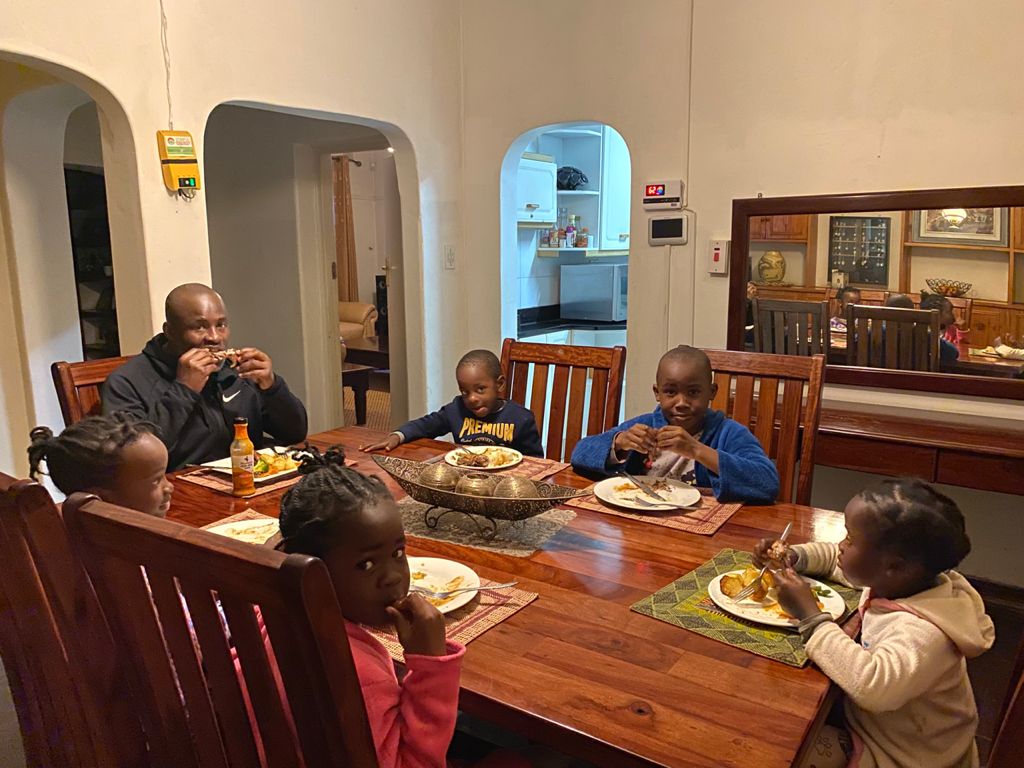
DN: Are there things you wish you had done differently as a father?
TM: All works for the good. There is nothing I wish for. What I have right now is perfect. It’s what I wanted, I can’t ask for anything better than that.
DN: What words do you have for fathers out there or anyone aspiring to be a father?
TM: Children are innocent, the moment you have them, love them. Give them what they want, give them what they deserve, the best. Never tire. They are the price. I see them grow, I see them talk. These are priceless moments. You would rather devote your full day to your child, than come home late and never spend time with them. That’s why I believe in one month of August and September put together, so that I’m with them wholly.
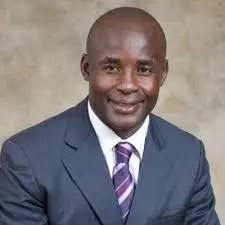
DN: Besides politics, which keeps you quite busy, you are also a businessman and fitness coach/enthusiast. How do you balance all that with being a father?
TM: It’s about having a structured life. Some of my children are in boarding school, some live with their mothers. Once a year I get them together in September, that’s when my birthday is, and also the August vacation which is in the UK, I bring them together. That brings the question of how I celebrate their birthdays? I also celebrate their birthdays on one day (once a year with everyone), and I get all their cakes together so each one of them get that. So balancing requires a lot. Discipline itself is critical, I am a disciplinarian myself that’s why you see me training a lot, five days per week religiously, because it makes my mind be alert. You know, my physical being ensures my mind stays sharp so I carry on with my duties and be on top of the situation.
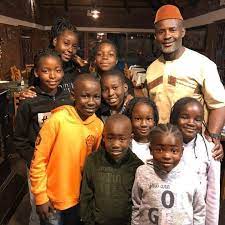
Parliament
So with a structured lifestyle, I can be in the constituency and in Parliament as well. So I will train in the morning, attend meetings, from there go to the constituency, see what’s happening, attend to programmes like drug abuse, any developmental issues, health, social aspect of the community and so forth. Then I go to Parliament. Then after Parliament I can come back to the constituency again and so forth. And then I’m also able to go to the farm during the weekend. In the morning I have meetings with leaders of my various business interests that I am in and so forth.
DN: Any last words?
TM: What I can leave to people as a motto is that love your children, be sincere, make time for them, teach them about God, your culture and heritage. Above all, let the sky be the limit. Nhau/Nhau
 Nhau News Online News that is accurate, reliable, trustworthy!!
Nhau News Online News that is accurate, reliable, trustworthy!!
